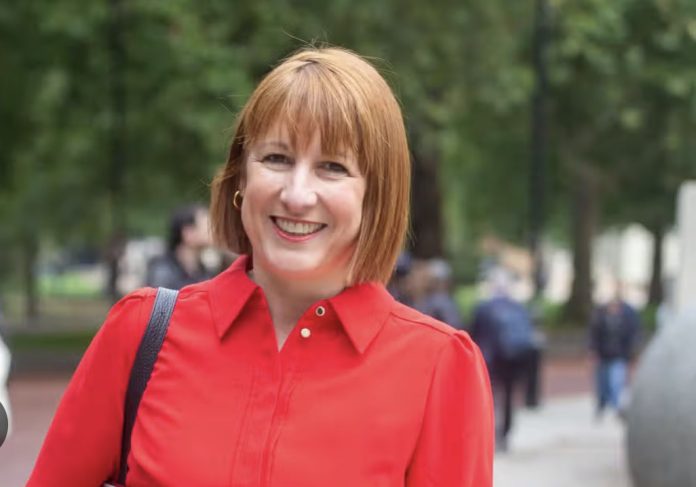Just to fund this year’s pay settlements and avoid future cuts the Chancellor Rachel Reeves would need to top up day-to-day spending by some £30 billion above her predecessor’s plans by 2028–29.
That’s according to new analysis released this morning by The Institute for Fiscal Studies in a report out this morning
They also say that a tweak to the debt rule would do almost nothing to ease the challenge on public service funding, where Ms Reeves will be constrained by her promise to meet all day-to-day spending out of revenues.
Their Green Budget forecast suggests that, even with Labour’s planned £9 billion tax rise implemented, achieving current budget balance whilst avoiding cuts to public service spending would be on a knife edge, and highly sensitive to OBR judgements about growth, inflation and much else.
Merely sparing budgets from real-terms cuts may well prove incompatible with ambitious improvements to public service performance, given the well-known pressures on areas such as prisons, the police and local councils says the IFS
Increasing funding for day-to-day spending on these ‘unprotected’ areas in line with national income would require funding to be topped up by a further £17 billion (or £47 billion in total) in 2028–29.
Even this would only take average real-terms growth over the four financial years starting in April to 2.8%. That would be less generous than the 3.3% initially planned at the 2021 Spending Review (though the subsequent surge in inflation eroded that to 2.2%).
The upshot of this is, even if the debt rule is changed so that on the current measure debt continues to rise in the final year of the forecast, Ms Reeves will still need tax rises to avoid spending cuts and meet her pledge to borrow only to invest.
If the Chancellor wants to keep spending rising with national income, she could need up to a total of £25 billion of tax increases.
Given the pledges she has made not to raise the main rates of income tax and corporation tax, or to increase National Insurance or VAT at all, she might struggle to implement a tax rise on that scale.
It would be bigger than the net tax rises implemented in July 1997 and October 2010 (both around £13–14 billion). In which case she might have to live with day-to-day spending on many public services falling as a fraction of national income.
Paul Johnson, Director of IFS, said:
‘The first Budget of this new administration could be the most consequential since at least 2010. The new Chancellor is committed to increasing investment spending, and to funding public services. To do so, she will need to increase taxes, or borrowing, or both. Taxes are at an all-time high, and she is tightly constrained by her pledges not to raise the main rates of income tax or corporation tax, or to increase National Insurance or VAT at all. The temptation then is to borrow more, perhaps changing the definition of debt targeted by the fiscal rules. But, given her pledge to balance the current budget, that would not free up additional resource for day-to-day spending and in any case is not risk-free given the dual deficits – that is, both budget deficit and current account deficit – being run by the UK.
‘It is easy to think that we face a short-term challenge somewhat artificially created by a particular set of arbitrary fiscal rules. That would be a mistake. Pressures on health and pension spending will continue to increase, and revenues from fuel and tobacco duties will fall. That will make remaining on course for current budget balance harder over the course of this parliament. If Ms Reeves does not grasp the nettle on 30 October, it could come back to sting her again before the next election.’







